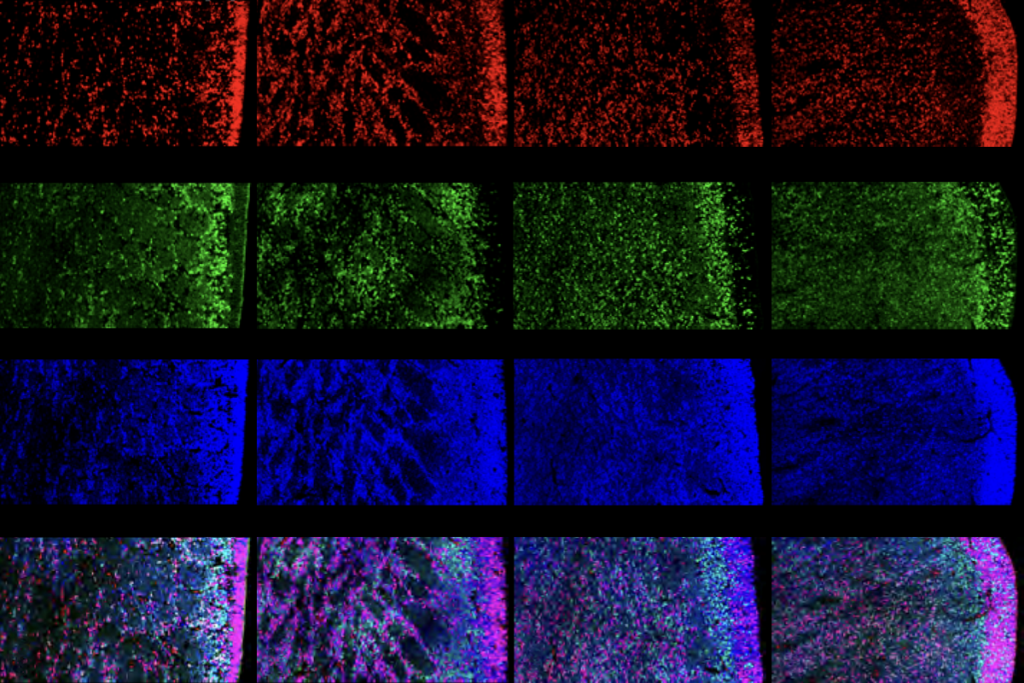John N. Constantino is a board-certified child and adolescent psychiatrist and chief of behavioral and mental Health at Children’s Healthcare of Atlanta, as well as professor of psychiatry and pediatrics at Emory University School of Medicine. He is an international leader in autism trait phenotyping, sex differences in autism, and endophenotypic analyses.

John Constantino
Chief of behavioral and mental health
Children’s Healthcare of Atlanta
From this contributor
Autism is more heritable in boys than in girls
If boys have greater inherited liability for autism, the female protective effect may not fully explain the sex difference in prevalence.

Autism is more heritable in boys than in girls
Q&A with John Constantino: Solving the biomarker conundrum
Biological factors that reflect autism’s roots may differ from those that influence how severe the condition is. Failure to make a distinction has stymied the search for biomarkers.

Q&A with John Constantino: Solving the biomarker conundrum
Traits of other conditions may spur autism
Early features of other conditions may contribute to autism itself

Traits of other conditions may spur autism
Japanese spectrum
Researchers studying autism prevalence should take into account the continuous nature of autism symptoms in the general population, says John Constantino.
Explore more from The Transmitter
PIEZO channels are opening the study of mechanosensation in unexpected places
The force-activated ion channels underlie the senses of touch and proprioception. Now scientists are using them as a tool to explore molecular mechanisms at work in internal organs, including the heart, bladder, uterus and kidney.

PIEZO channels are opening the study of mechanosensation in unexpected places
The force-activated ion channels underlie the senses of touch and proprioception. Now scientists are using them as a tool to explore molecular mechanisms at work in internal organs, including the heart, bladder, uterus and kidney.
Latest iteration of U.S. federal autism committee comes under fire
The new panel “represents a radical departure from all past rosters,” says autism researcher Helen Tager-Flusberg.

Latest iteration of U.S. federal autism committee comes under fire
The new panel “represents a radical departure from all past rosters,” says autism researcher Helen Tager-Flusberg.
‘Tour de force’ study flags fount of interneurons in human brain
The newly discovered cell type might point to the origins of the inhibitory imbalance linked to autism and other conditions.

‘Tour de force’ study flags fount of interneurons in human brain
The newly discovered cell type might point to the origins of the inhibitory imbalance linked to autism and other conditions.
